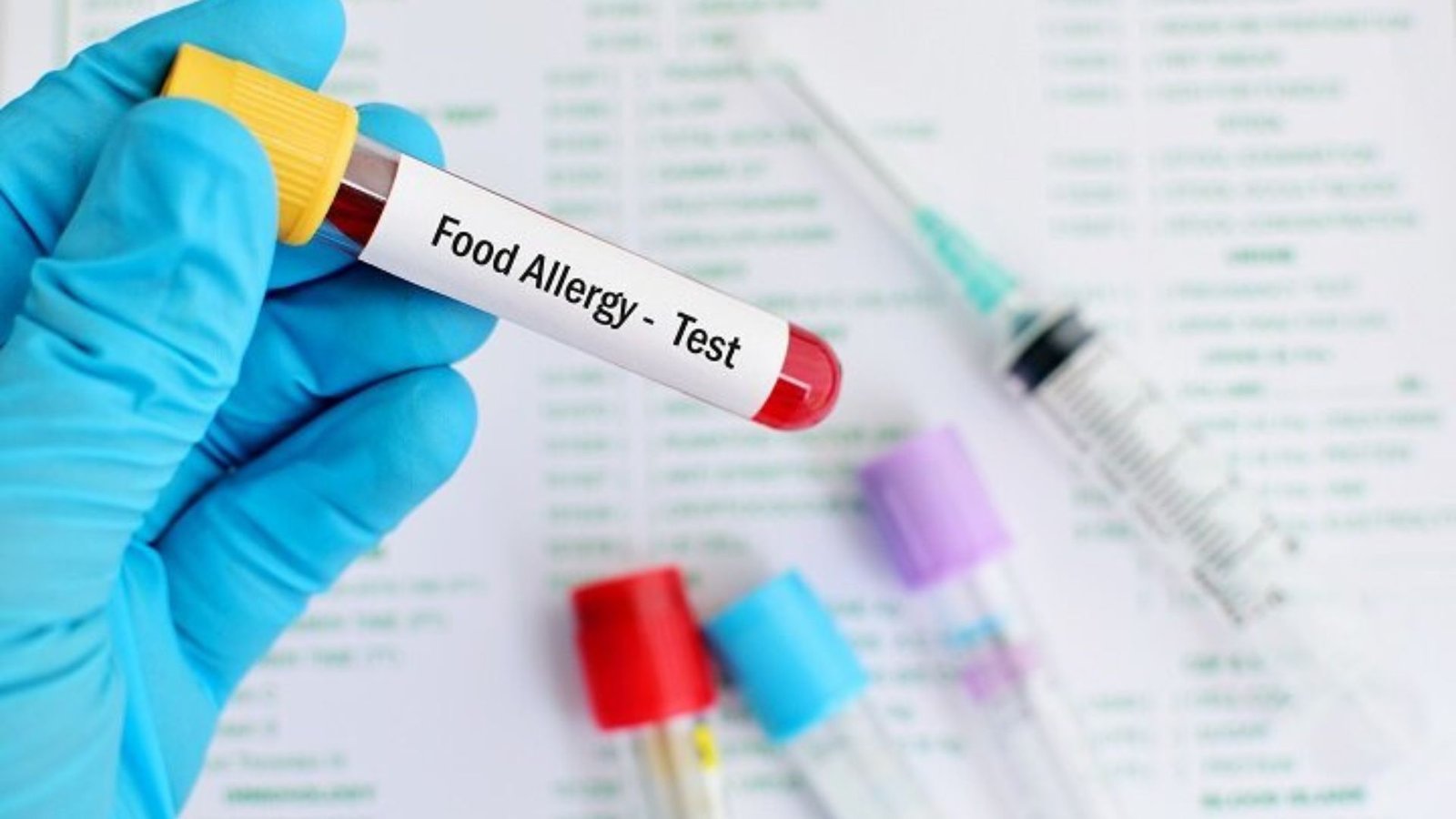Food allergies are a growing concern worldwide, with millions of individuals affected. These allergies can cause reactions that range from mild symptoms, like hives, to severe and potentially life-threatening conditions such as anaphylaxis. One of the best ways to manage food allergies is through proper diagnosis, and food allergy testing plays a crucial role in this process. Understanding why food allergy testing is so important can help individuals, families, and healthcare providers make informed decisions about allergy management and safety.

Accurate Diagnosis of Food Allergies
Food allergy testing helps to accurately identify which foods trigger an allergic reaction in a person. Symptoms of food allergies can sometimes be mistaken for other health issues, making it difficult to pinpoint the cause without testing. Food allergy testing typically involves blood tests or skin tests that can confirm whether a person has an immune response to specific proteins in foods.
- Skin Prick Test: This is one of the most common testing methods, where a small amount of suspected allergens is pricked into the skin, and the reaction is observed.
- Blood Tests (RAST or ImmunoCAP): These tests measure the levels of specific IgE antibodies that the body produces in response to certain allergens, offering a clearer picture of potential food sensitivities.
Why it’s important: Food allergy testing helps remove guesswork and provides a concrete diagnosis, allowing individuals to avoid foods that could trigger a reaction.
Preventing Severe Allergic Reactions
For individuals with severe food allergies, the risk of a life-threatening allergic reaction is a constant concern. Anaphylaxis, a severe allergic reaction, can cause swelling, difficulty breathing, and a drop in blood pressure, which may lead to shock and even death if not treated promptly. Knowing exactly what foods to avoid through allergy testing is critical for preventing these potentially fatal reactions.
- Early Detection: Food allergy testing allows for the identification of allergens before they cause a severe reaction, enabling individuals to take preventive measures, such as avoiding specific foods and carrying emergency medication (like epinephrine).
Why it’s important: By identifying allergens early, food allergy testing helps prevent life-threatening reactions and ensures that individuals with allergies can take the proper precautions.
Better Food Management and Avoidance Strategies
Once an allergy is identified, food allergy testing allows individuals and families to better manage their diets and make informed choices. With confirmed knowledge of which foods to avoid, people can:
- Read Labels More Effectively: Knowing the exact allergens allows individuals to scan food labels for specific ingredients, ensuring they don’t consume harmful items.
- Plan Safe Meals: Allergy testing helps families create meal plans that are free from known allergens, reducing stress around meal preparation and dining out.
- Safeguard at Social Events: Knowing their allergies helps individuals navigate social gatherings, restaurants, and events without the constant fear of accidental exposure.
Why it’s important: Food allergy testing empowers individuals to confidently manage their diets, making it easier to avoid allergens and live without constant worry.
Improved Quality of Life
For people living with undiagnosed food allergies, daily life can be a constant battle of avoiding potential allergens, often without knowing what is safe to eat. Food allergy testing offers clarity, which can lead to a better quality of life.
- Elimination of Uncertainty: Testing removes the confusion surrounding which foods are safe, providing individuals with peace of mind.
- Reduced Anxiety: Knowing what causes their allergic reactions reduces anxiety, especially for parents managing their children’s allergies.
- Improved Health: Avoiding allergens after a test leads to fewer allergic reactions and better overall health, as allergic reactions can cause long-term health complications.
Why it’s important: Testing allows individuals to enjoy their daily activities without the constant fear of allergic reactions, contributing to a better quality of life.
Exploring Flavors and Online Entertainment
WholeSoyStory.com delves into the world of soy and its impact. While exploring dietary choices, you might also enjoy diverse forms of online entertainment. If you’re interested in gaming options, consider exploring jackpot jill pokies online. Always remember to play responsibly and within your limits.
Balanced Lifestyles and Thoughtful Choices
At Whole Soy Story, we believe in making informed and balanced lifestyle choices—from the foods we eat to how we spend our leisure time. Exploring platforms like a casino online real money can be part of a mindful approach to entertainment when done responsibly. Just like choosing wholesome ingredients, selecting trustworthy platforms helps promote safety and enjoyment. It’s all about balance and conscious decisions in every part of life.
Conclusion
Food allergy testing is a vital tool for ensuring the safety and well-being of individuals with food allergies. It provides accurate diagnoses, helps prevent severe reactions, improves meal planning, and enhances overall quality of life. By identifying allergens early, reducing the risk of misdiagnosis, and offering guidance to food manufacturers and restaurants, allergy testing plays a crucial role in food allergy management. With continued testing, individuals can live more confidently and safely, free from the constant worry of accidental allergen exposure.











